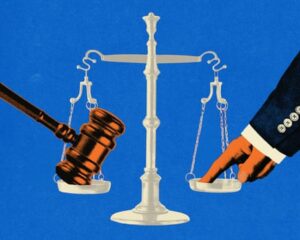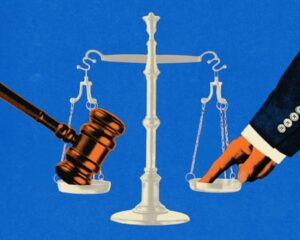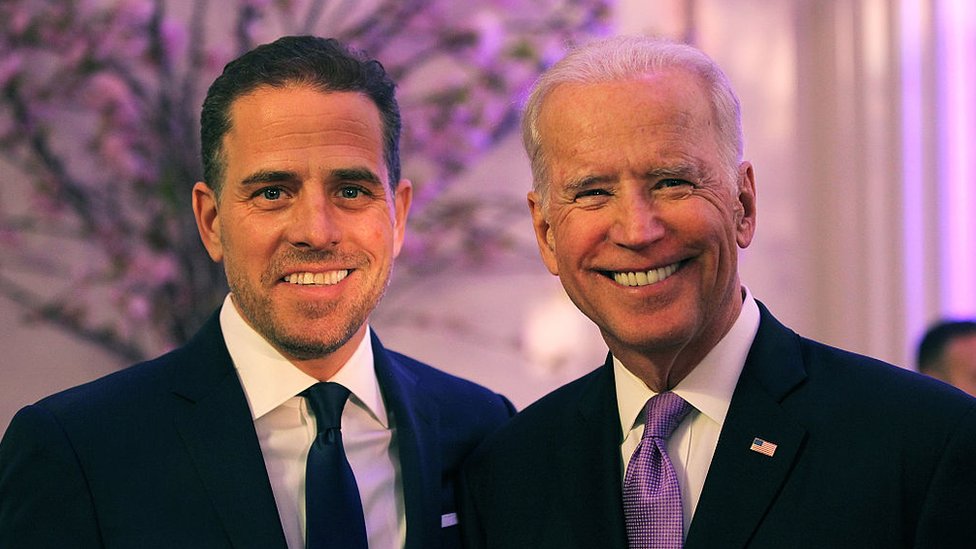Understanding Hunter Biden: The Son of Joe Biden
In recent years, Hunter Biden, the son of President Joe Biden, has become a focal point in American political discourse. His personal, business dealings, and the controversies surrounding him have captivated the media and the public alike. In this comprehensive blog post, we will delve into the life of Hunter Biden, examining his career, the implications of his actions on Joe Biden’s presidency, and the broader political landscape.
Who is Hunter Biden?
Hunter Biden was born on February 4, 1970, in Wilmington, Delaware. He is the second son of Joe Biden and his late first wife, Neilia. Growing up in a political household, Hunter was exposed to public service from a young age. He graduated from Georgetown University and later earned a law degree from Yale University.
Career Overview
Hunter Biden’s career has included various roles in law, business, and advocacy. He co-founded Rosemont Seneca Partners, a private equity fund, and has been involved with numerous companies, including Burisma Holdings, a Ukrainian natural gas company. His tenure at Burisma has been the subject of intense scrutiny, particularly during the 2020 presidential election, as opponents of his father leveraged these ties to question Joe Biden’s integrity.
Controversies and Challenges
The controversies surrounding Hunter Biden largely stem from his business dealings and legal issues. His involvement with Burisma raised questions about potential conflicts of interest while Joe Biden was Vice President. Critics argue that Hunter’s position influenced U.S. foreign policy, while supporters maintain that there is no evidence of wrongdoing by either Hunter or Joe Biden.
In addition to the scrutiny of his business dealings, Hunter Biden has faced personal challenges as well, including struggles with addiction, which he has openly discussed. His candidness about these issues can be seen as part of a larger discourse on mental health and addiction recovery. Through it all, Hunter has expressed a desire to move forward and make a positive impact.
The Effect on Joe Biden’s Presidency
As the current President of the United States, Joe Biden must navigate the treacherous waters created by Hunter’s past. Public opinion about Hunter and his actions can easily influence perceptions of Joe Biden’s competence and integrity as a leader. While some voters might view Hunter’s controversies as an indicator of a lack of judgment, others can see it as a complex family dynamic that should not weigh on Joe Biden’s presidency.
The administration has worked to separate itself from Hunter’s dealings, stressing that personal actions do not reflect the office of the president. However, the challenges persist, particularly when political opponents seize moments to cast doubt on the president’s administration.
Public Perception and Media Representation
Media portrayal of Hunter Biden is often polarized. Supporters of President Biden tend to focus on his strengths, while detractors highlight the scandals, creating a battleground where opinions clash on social media and news outlets. Hunter’s situation poses a challenge for Joe Biden, as his presidency often faces inquiries tied back to his son’s actions.
Examples of this media polarization can be seen in articles covering Hunter’s life, such as those by the BBC, which touch on how Hunter’s issues intertwine with broader discussions about the political climate in the U.S. It highlights just how interconnected personal and political lives are in the world of governance.
Moving Forward: Hunter Biden’s Future
As he navigates a complex landscape of public scrutiny, Hunter Biden has indicated a desire to focus on his art and personal endeavors. He has begun to garner attention for his artwork, with some critics viewing this as a pivot away from his past controversies. This transition could potentially help reshape his public persona and allow for healing.
The Larger Implications for American Politics
Hunter Biden’s story is a microcosm of the larger issues that modern politicians face—where family members can dramatically impact a leader’s public perception and political capital. It underscores the intertwining of personal narrative and political career in ways that can have chilling effects on governance. As Americans navigate the complexities of political loyalty and familial attachment, Hunter’s experience serves as a cautionary tale about the repercussions of personal choices within the public eye.
Conclusion
Hunter Biden’s life and career serve as a lens through which we can examine significant themes in contemporary politics. As we reflect on his journey, it is crucial to approach the narrative with nuance, recognizing the human and political layers at play. Moving forward, it will be interesting to see how Hunter continues to evolve and how his actions influence his father’s presidency and the broader landscape of American politics.








